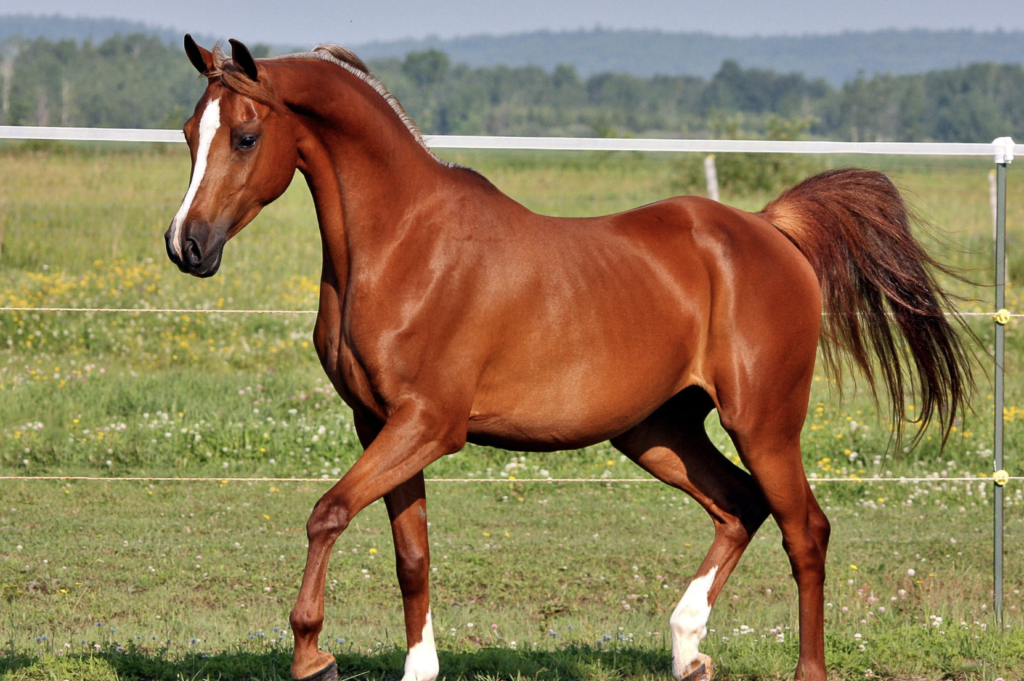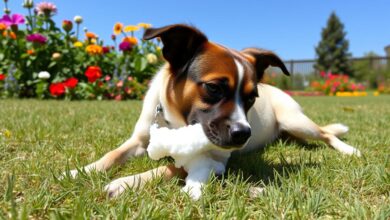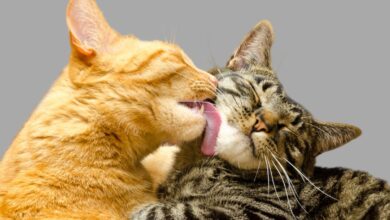10 Common Mistakes New Horse Owners Make: How to Avoid Them

Owning a horse is a rewarding experience, but it comes with many responsibilities that can be overwhelming for new horse owners. Horses are complex animals that require proper care, attention, and knowledge to ensure their health and happiness. Unfortunately, many first-time horse owners make mistakes that could easily be avoided with the right guidance. In this article, we’ll explore the mistakes new horse owners make and how you can prevent them to ensure your horse thrives under your care.
1. Underestimating the Cost of Ownership
One of the biggest mistakes new horse owners make is underestimating the financial commitment that comes with owning a horse. The initial purchase price of a horse is just the beginning—there are many ongoing expenses to consider.
- Common Mistake: Failing to budget for routine costs such as boarding, feed, farrier services, vet visits, and dental care.
- Solution: Before buying a horse, create a detailed budget to account for all expenses. This includes not just the basics but also emergencies and unforeseen medical issues. A well-maintained horse can cost several thousand dollars per year, so it’s important to be financially prepared.
2. Choosing the Wrong Horse for Your Skill Level
Many new horse owners make the mistake of purchasing a horse that doesn’t match their riding skills or experience. This can lead to frustration for both the horse and the owner, as an inexperienced rider may struggle to handle a more spirited or difficult horse.
- Common Mistake: Choosing a young, untrained, or high-energy horse as a first-time owner.
- Solution: Opt for a well-trained, older horse with a calm temperament, especially if you’re new to riding. A seasoned horse will help you build your skills and confidence without the challenges of training a young or difficult horse.
3. Skipping Proper Training and Education
New horse owners often overlook the importance of learning proper horse care and riding techniques. Owning a horse requires more than just riding; it involves understanding equine behavior, nutrition, grooming, and health care.
- Common Mistake: Focusing solely on riding without gaining the knowledge needed to care for the horse on a daily basis.
- Solution: Invest in riding lessons, horse care classes, and equine first aid courses. Consult with experienced trainers or veterinarians to better understand your horse’s needs. The more you know, the better equipped you’ll be to handle issues as they arise.

Check Also : Essential Horse Feeding Guide : Top 10 Nutrition Tips
4. Neglecting Proper Feeding Practices
Proper nutrition is critical for a horse’s health, and new owners sometimes struggle to get the diet right. Overfeeding, underfeeding, or feeding the wrong types of food can lead to health problems like obesity, colic, or laminitis.
- Common Mistake: Feeding too much grain or not providing enough forage (hay or grass).
- Solution: Learn about the specific dietary needs of your horse based on its breed, age, and activity level. For most horses, hay or grass should make up the majority of their diet, with grains or supplements only as needed. Consulting with a veterinarian or equine nutritionist is essential for getting the right balance.
5. Ignoring Hoof Care
Hoof care is one of the most important aspects of horse maintenance, yet many new horse owners overlook it. Neglecting your horse’s hooves can lead to lameness, infections, or even more serious long-term issues.
- Common Mistake: Skipping regular farrier visits or failing to check the horse’s hooves regularly.
- Solution: Schedule regular farrier appointments (every 6-8 weeks) for hoof trimming and shoeing if necessary. Additionally, check and clean your horse’s hooves daily to remove debris and prevent infections such as thrush.
6. Not Providing Enough Exercise and Turnout
Horses are naturally active animals that require regular exercise and movement. Keeping a horse confined to a stall for extended periods without exercise can lead to boredom, behavioral issues, and even health problems like colic or muscle stiffness.
- Common Mistake: Keeping a horse stabled for too long without adequate turnout or exercise.
- Solution: Ensure your horse has plenty of time to graze and move around in a pasture or paddock every day. Incorporate regular riding, lunging, or ground exercises to keep your horse physically and mentally stimulated.
7. Failing to Recognize Signs of Illness
New horse owners may not be familiar with the subtle signs that indicate something is wrong with their horse’s health. Horses are prey animals and tend to hide pain or illness, so it’s important to be observant and proactive.
- Common Mistake: Ignoring early signs of discomfort or illness such as changes in behavior, appetite, or movement.
- Solution: Learn to recognize key signs of common health issues in horses, including colic, lameness, respiratory problems, and skin conditions. Regular veterinary checkups, along with daily monitoring of your horse’s behavior and vital signs, are critical in catching problems early.
8. Skipping Routine Veterinary Care
Routine veterinary care is essential for maintaining your horse’s health. Unfortunately, some new horse owners delay or skip regular vet visits, which can lead to preventable health issues.
- Common Mistake: Only calling the vet when there’s an obvious problem and neglecting routine checkups and vaccinations.
- Solution: Schedule regular vet visits for vaccinations, dental care, and overall wellness checks. Keep up-to-date on parasite control and follow a deworming schedule based on your vet’s recommendations.
9. Rushing into Horse Ownership
Owning a horse requires time, money, and commitment. Many new owners rush into horse ownership without fully understanding the demands, leading to regret or poor care.
- Common Mistake: Purchasing a horse impulsively without proper planning or research.
- Solution: Take your time researching different breeds, training options, and care requirements before committing to a horse. Spend time with experienced horse owners, lease a horse, or volunteer at a stable to gain hands-on experience before making a purchase.
10. Overlooking Safety Measures
Safety is paramount when handling horses, but new owners may not fully grasp how large and powerful horses can be. This can lead to dangerous situations for both the horse and the owner.
- Common Mistake: Failing to use proper safety equipment or not maintaining a safe environment around the horse.
- Solution: Always wear a helmet when riding and use appropriate tack and equipment. Ensure your horse’s living area is free from hazards, and always handle your horse with patience and care to avoid accidents.
Conclusion
While owning a horse is a fulfilling experience, it’s important to avoid the mistakes new horse owners make by educating yourself and being prepared for the responsibilities ahead. By understanding proper care practices, recognizing the financial and time commitments, and ensuring your horse’s health and safety, you can enjoy a long, happy partnership with your equine companion. Remember, horse ownership is a journey, and ongoing learning and experience will help you become a more confident and capable horse owner.






One Comment